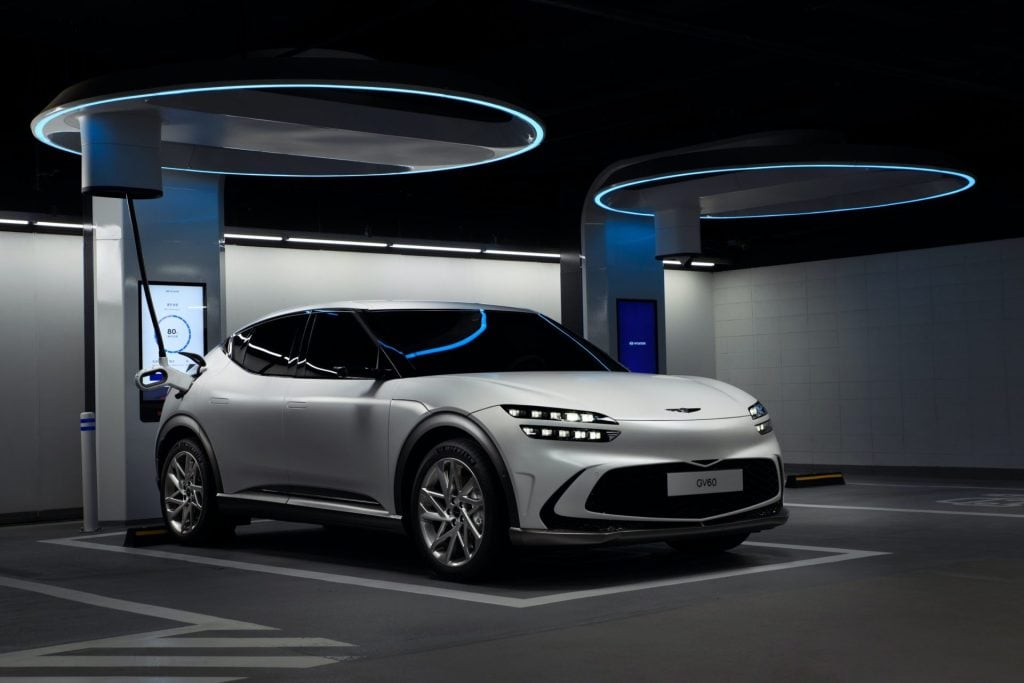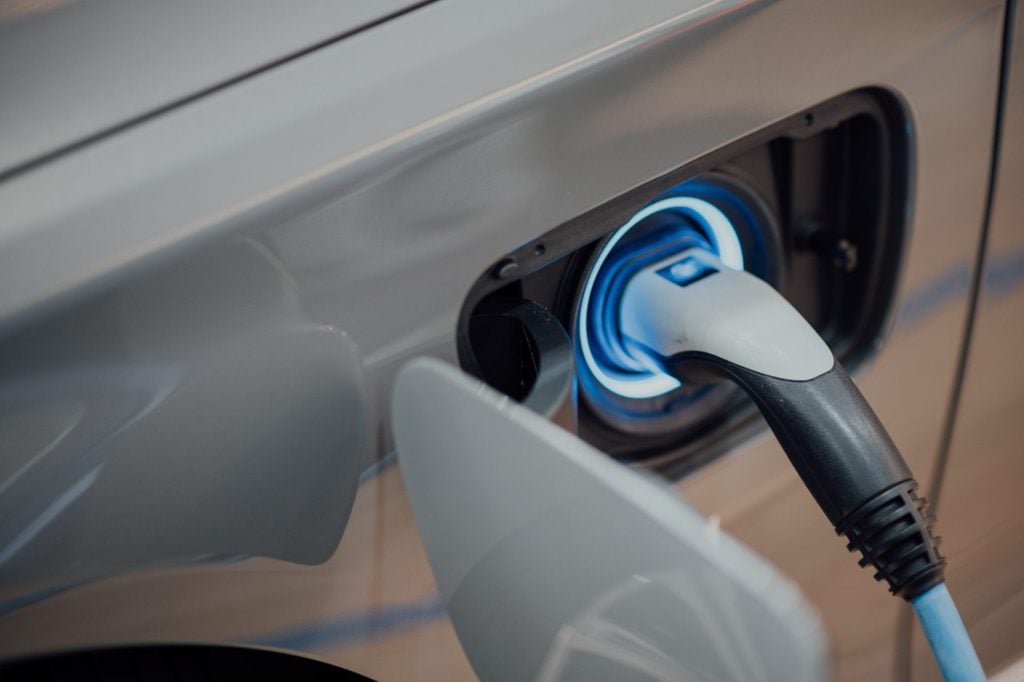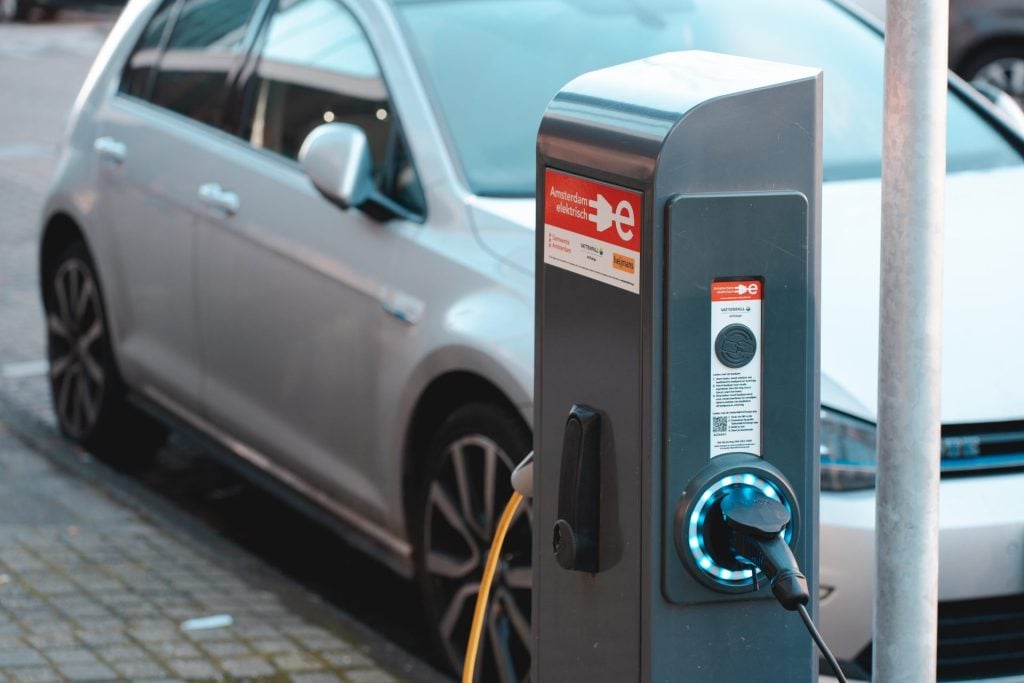BLOGS
Electric Car Philippines: Everything You Need To Know
Car companies have been gradually introducing electric vehicles in the Philippines as more Filipinos are becoming more interested in them. But if it’s your first time hearing about electric vehicles, their features, reviews, prices, fuel consumption, battery life, etc., continue reading to learn more about electric cars!
What are Electric Cars in the Philippines?
Electric vehicles (EVs) are vehicles that use an electric motor and a rechargeable battery instead of a gasoline tank. You need to plug them into an electrical source to refuel them, similar to when you are charging your laptop or smartphone. An electric vehicle produces zero emissions, so it is an eco-friendly option for gas-powered vehicles.
If you are wondering if there are any electric cars in the Philippines: Yes, there are electric cars, but only in limited models. In fact, President Ferdinand “Bongbong” Marcos already approved the temporary tariff reduction on EVs and spare parts to 0%.
The EV Industry Development Act (EVIDA) law was also enacted to boost the commercialization of electric vehicles in the Philippines. Some of the salient features of this law include the development of charging stations and manufacturing of the car parts. EVIDA law also mandates companies and government agencies to meet the 5% quota on their vehicle fleets.
According to Zigwheels, there are 23 electric car models in the Philippines. The cheapest electric car is the Jetour Ice Cream EV 2023, which is priced at around Php699,000, and the most expensive is the BMW i7 2023 priced at Php10.39 million.
What is the Difference Between Electric Cars and Hybrid Cars?
Hybrid cars and EVs are confused most of the time as both of them rely on electricity. But there are distinct differences between them.
A hybrid vehicle has a gasoline engine paired with at least one (1) electric motor. This means the driver can switch between the two power sources or can even use both of them depending on the speed and the driving requirements. A hybrid car doesn’t require an external charging point as well because it charges its own battery.
EVs, on the other hand, are purely electric and solely depend on their batteries to run.

What are the Benefits of Owning Electric Car Philippines?
Owning an electric vehicle has several benefits. Here are some of the benefits you can get in owning one:
- EVs are affordable in terms of purchase price and running costs in the long run. But affordability still depends on the type of EV you are purchasing. If you are considering getting an electric mini vehicle but on a budget, the cheapest electric car you can get is an electric mini car.
- EVs are more energy-efficient than conventional cars. EVs have a smart system that only 15% to 20% of energy is lost when driving and uses regenerative braking to recapture and reuse energy that is lost when braking.
- You can easily charge your EV at home and not worry about gas prices anymore! Most EV batteries reach 60% to 80% charge in a matter of minutes.
- Another good thing about owning an electric vehicle is that it is easier to maintain compared to a conventional car that uses a gasoline engine. You don’t have to go through oil changes, spark plug changes, and other maintenance of combustion-related parts.
- EVs are also friendly to the environment. In the age of searching for sustainable and eco-friendly transportation, EVs are the best way to go. They produce zero emissions because they are purely powered by electricity. They also run quietly, so they won’t be contributing to noise pollution.
Are there any Disadvantages to Having an Electric Car?
Everything has its own drawbacks. Let’s go through the cons of having an electric vehicle:
- Generally, electric cars are expensive in the Philippines. Most electric vehicles, except for electric mini cars, cost more than Php1 million. This is a big difference compared to a conventional car that costs around Php600,000.
- Another setback for having an electric vehicle is that there are only a few charging stations in the Philippines. It’s reasonable as EVs are relatively new in the Philippines. You need to charge your EV at home all the time, which may result in higher electrical bills. You may also need to plan your trip in advance to prevent running out of charge in your EV.
- EVs are not suitable for long drives. Entry-level EVs have short driving ranges, passing only about 200 kilometers a day, which may be not a decent range for some. Add up the scarcity of charging stations, EVs are not best for road trips.
- Fully charging an EV takes a lot of time. Some EVs take around 5 hours a day to be fully charged. This will be not a great idea if you have last-minute plans. While other latest electric cars provide a fast charging feature, it may still take around 30 minutes to 20 hours to reach a full charge.

Best Electric Cars in the Philippines in 2023
As mentioned, there are only a few car brands that offer EVs for sale in the country. Here are some you can check out:
Nissan LEAF
If you are starting out on an electric vehicle, Nissan will always be your top choice as they are one of the best-selling EVs in the world. Nissan LEAF has a hatchback body type, and its modern and sleek design makes this model a must-have for everyone.
Some of its advanced features include a keyless entry, adaptive cruise control, Apple Carplay/Android Auto integration, and a touchscreen infotainment system. You can easily fire up this car with a push of the start button. Nissan LEAF’s road performance has a driving range of 311 km and provides smooth acceleration with its 320 Nm torque.
Nissan LEAF is also equipped with airbags in front for both the driver and passenger, electronic door locks, stability control, and parking sensors for both front and rear parts to ensure your safety when driving.
BMW iX3
If you have enough money to spend on a high-end electric vehicle, BMW iX3 is the way to go. For its hefty price, you can ensure that its performance is also top-tier. Its specifications include a driving range of 460 km so you can on longer trips in between charges, and it is powered with 286 horsepower and 400 Nm torque where you can dominate highways and expressways.
The BMW iX3 is perfect for those who want a sporty electric vehicle with a range of smart features and a powerful battery life. This model also has an adaptive cruise control, keyless entry, an engine start button, a Harman Kardon HiFi loudspeaker, and a touchscreen multimedia system.
Jaguar I-Pace
I-Pace is Jaguar’s first electric SUV. Despite being an SUV, it performs on fire like a sports car, as proven by its powerful specifications of 365 horsepower and 696 Nm. These specs provide a comfortable driving experience.
Jaguar I-Pace’s exterior is highly aerodynamic to prevent this EV from being weighed down and maintain its power while on the go. While its exterior is luxurious as one would expect it to be. There is a floating console on the cabin for a high-tech feel. Also, its Cabin Ionization feature improves the car’s air quality by neutralizing odor and reducing bacteria and air pollution.
Kia EV6
SUVs from Kia always have reviews “close to perfection” from critics and motorists. That’s why in 2021, the Korean brand released another unit to its roster of EVs: the EV6.
The EV6 has an 800V ultra-high-speed charger that charges your car’s battery up to 80% in just 18 minutes and enjoy a ride up to 100 km in less than five minutes. Its performance is said to have 320 horsepower and 605 Nm — specs that are typically produced by sports vehicles.
Toyota bZ4X
Toyota bZ4X is the first of the seven electric vehicles of Toyota, and this SUV is a result of collaboration with Subaru. This model’s mission is to usher in Toyota’s battery-electric future in the country and worldwide.
The bZ4X has a one-pedal regenerative braking system which is perfect for both EV newbies and veterans. It also has a standard electric motor that develops 201 horsepower and 196 lb-ft of torque. The bZ4X also has an unconventional interior which is truly attractive even if it is unfamiliar to returning Toyota drivers.
This EV ensures the safety of its drivers by having driver assistance technology which uses a new millimeter-wave radar and camera setup. Aside from this, the bZ4X also has blind-spot monitoring, safe exists to assist, pre-collision avoidance with low-light cyclist detection, guardrail detection, daytime motorcyclist detection, and a 360-degree camera view in multiple angles.

A Few Reminders
Now that you know the basics of the electric vehicle, there are some reminders you need to note before buying one, whether you’re a new customer or an avid car collector.
First is that to consider the battery life, especially if you are into long trips. Second is the charging times and availability of charging stations for the EV’s brand. Third, check the safety features to ensure that you and your passengers are safe in case of accidents. Next, the price of the car.
If you have laid your eyes on a particular EV, make sure to always do a test drive of that EV before buying so everything will be smooth sailing.
Take a Trip to Brittany Homes
Let your EV take you on a trip to the luxury homes of Brittany Corporation. Brittany Corporation is one of the premier real estate corporations in the Philippines that provide luxury house and lots for sale as well as world-class condominiums in Metro Manila and nearby provinces.
To know more about Brittany, visit our website, LinkedIn, and YouTube for more details. You may also contact us to learn more about our housing prices.
Suggested Read: 5 Things To Consider Before Buying luxury Cars
Suggested Read: Pros & Cons of Wood, Gas, and Electric Fireplaces
Suggested Read: Top 10 Best Car Battery Brands in the Philippines
Suggested Read: Philippine Electric Vehicle Law Ultimate Guide
Suggested Read: EV Charger For Your Luxury Home















